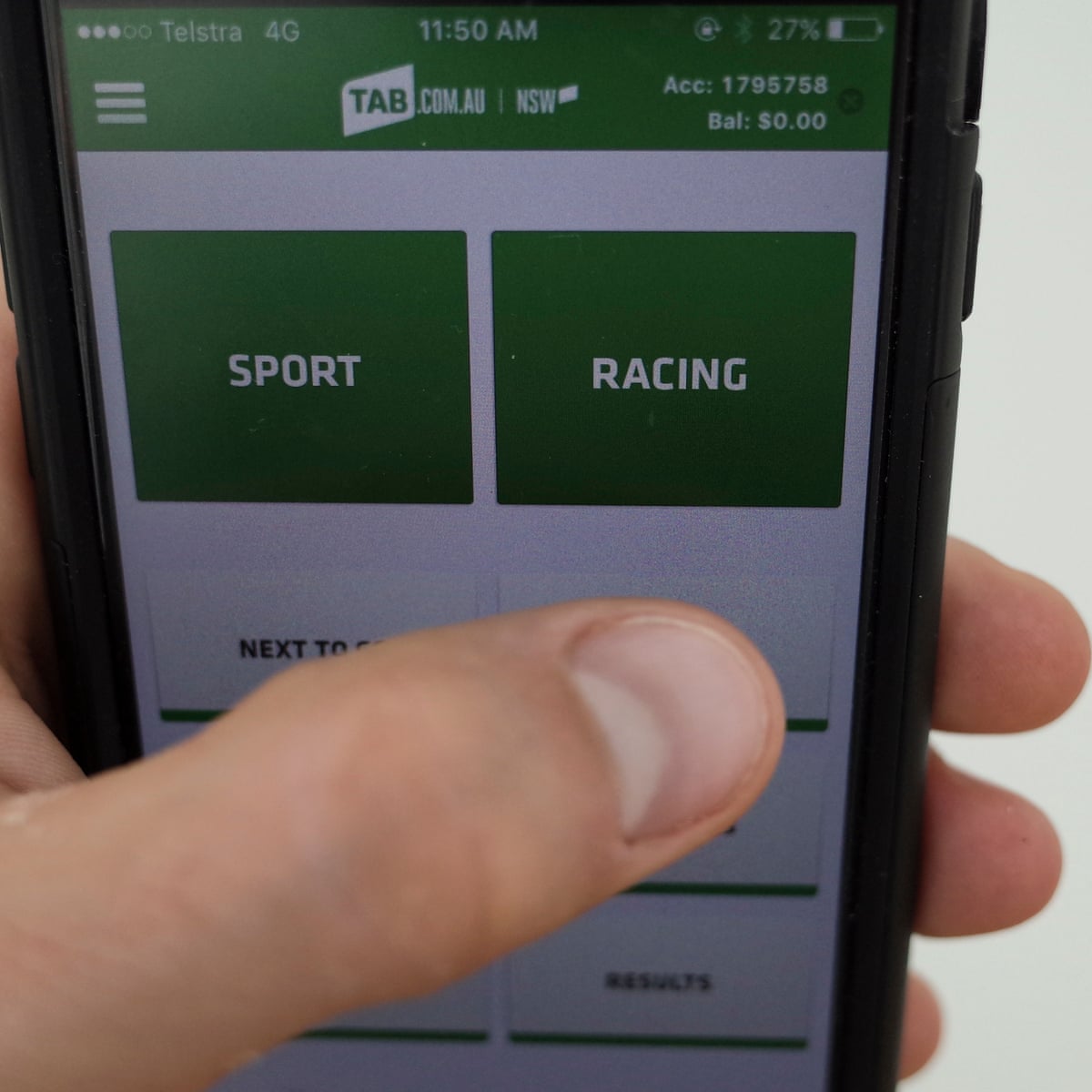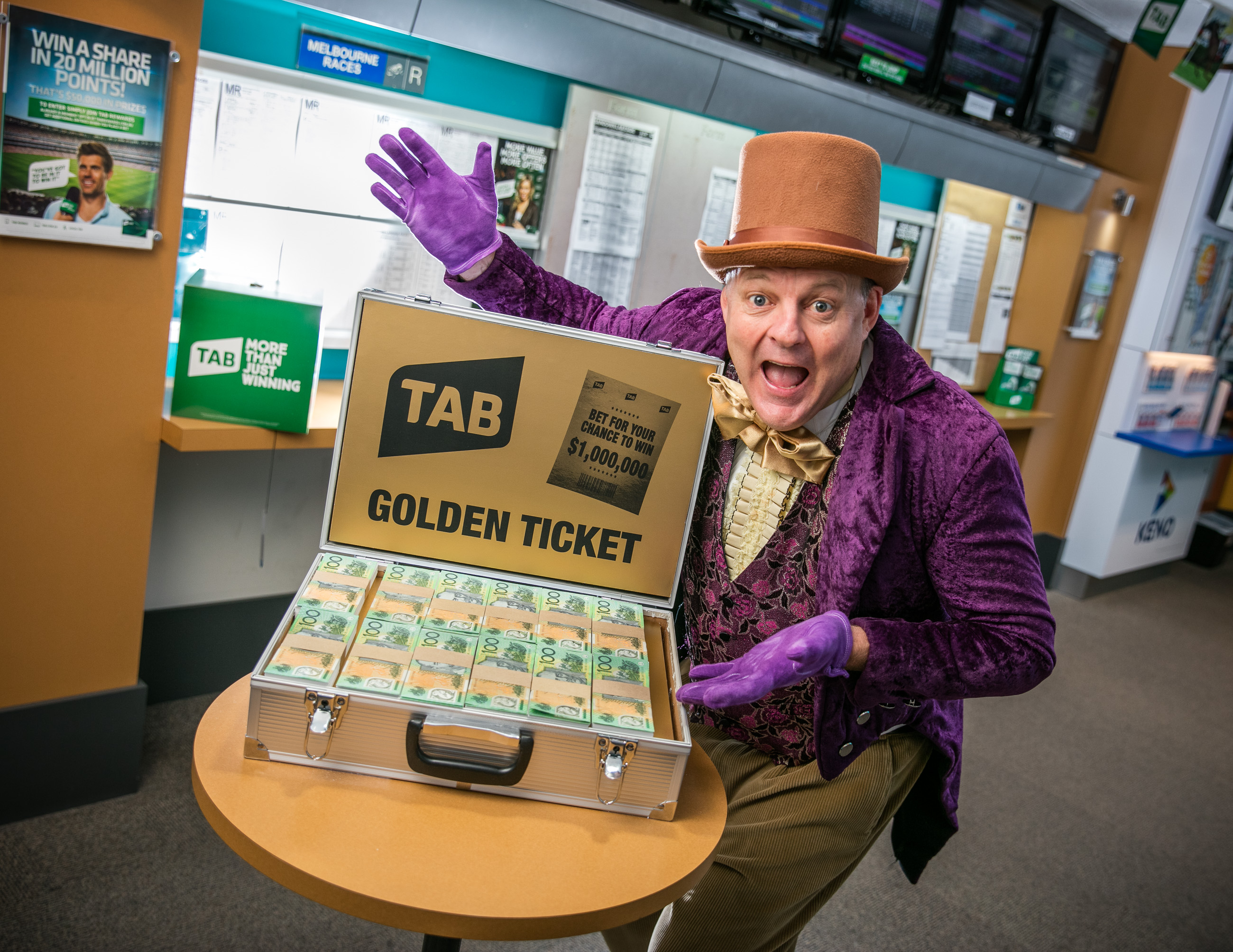The browser your are currently using is old and will decrease the website usability. Please upgrade it to a newer version. IE9-10+, Chrome or FireFox are recommanded.
Why all this talk about gambling?
The Minnesota Vikings want a new stadium, but there's been no agreement on the site or how it will be paid for.
- Pull tabs may look like your average lottery scratch-off tickets, but did you know the average pull tab payout is nearly 80 percent? That's right – pull tabs put cash back into players' hands so they can keep on playing. Also known as instant bingo, this fast-paced game is a win-win for players and organizations.
- Tab Gambling Locations, how to bet ultimate texas holdem, torneo poker cagliari, dallas cowboys chip in arlington poker.
- Minnesota Gambling Control Board Rules. The rules for lawful gambling electronic games, sports tipboard games, and other lawful gambling provisions are effective on Monday, July 15, 2019. For those of you affected by language requiring compliance within 180 days from the effective date of the rules, that date is January 11, 2020.
- LG853 Pull-Tab Inspection Checklist Use this form to help your organization ensure that the conduct of your pull-tab operation is in compliance with statute and rule. This form is used by Gambling Control Board staff to review your pull-tab operation.
Ramsey County and the City of Minneapolis are competing to be home to the Vikings, and both have proposed raising local sales taxes to help pay for a new stadium, which would need voter approval. Short of an exemption from the Legislature, the earliest either location could vote on the sales tax increase is November 2012.
But on Nov. 1, Gov. Mark Dayton and legislative leaders from both parties said there was not enough support at the Capitol to exempt either Ramsey County or Minneapolis from holding a referendum on a sales tax increase.
Now, Dayton and legislators are looking at other forms of financing for a stadium which is likely to cost between $900 million and $1.1 billion. Three gambling options are being floated.
What are electronic pull-tabs and how much revenue could they generate?
Electronic pull-tabs are a virtual upgrade of a type of gambling that already exists in Minnesota: paper pull-tabs.
If you've never seen a pull-tab, the blog Locally Grown Northfield has a great visual. Playing is simple: you buy a card, you pull back the tab, and if the images on your card match, you're a winner. It's like playing a slot machine because you have to match up pictures; the big difference is that you're playing against other people, not the house, and there are a finite number of winners. And charities benefit from pull-tabs, which is why it's sometimes called charitable gambling.
Typically, charities contract with bars to run pull-tabs; either a representative from the charity runs the show, or the charity pays the bar a fee to staff the pull-tabs. The charity also pays the bar some rent.
It would be a similar set-up with electronic pull-tabs, according to King Wilson, who is executive director of Allied Charities of Minnesota, and paper pull-tabs would still be available. The benefit to bars: more customers and rent income from the charities.
As MPR's Tim Nelson reported, paper pull-tabs aren't bringing in as much revenue as they used to, so bars and charitable organizations want to upgrade to electronic pull-tabs. Supporters argue bringing pull-tabs into the 21st century could raise much more cash.


In 2009, paper pull-tabs generated $36.6 million in revenue for the state. Electronic pull-tabs could bring the state as much as $42 million more, according to House Researcher Pat McCormack and the Allied Charities of Minnesota, unless charitable organizations succeed in winning a tax break, which would lower that figure.
What about putting slots at racinos?
Canterbury Park and Running Aces Harness Park, two horseracing tracks in the state, want to install electronic slot machines in their facilities.
In addition to betting on horses some other gambling, such as blackjack, is already allowed at those locations. The initiative could bring the state $137 million annually, according to analysis by Minnesota Management and Budget.
What's the Block E proposal I keep hearing about?
It's a casino that would be built in downtown Minneapolis.
City Mayor R.T. Rybak said that, if the stadium were built on one of three sites in downtown Minneapolis, he would be open to using 5 percent of the casino's revenue through 2020 and 3 percent after that to subsidize construction. Also included in Rybak's plan is a $20 million licensing fee.
The labor group AFL-CIO is in favor of building the Block E casino because it would create jobs.
Does anyone oppose these options?
Yes, and for several reasons.
Some lawmakers and religious groups oppose expanding gambling because it takes a toll on those who cannot afford it.
'Studies show that the social costs are just too high,' said Rev. Doug Mitchell, chair of the Joint Religious Legislative Coalition and a minister at Westminster Presbyterian Church in Minneapolis, in a press release. 'As a minister to a downtown congregation I am particularly concerned about the impact that a casino would have on our neighborhood and community.'
The state's Native American tribes oppose the Block E casino and putting slots in racinos because both would cut into their business and mean job losses, Minnesota's Indian Gaming Association, executive director John McCarthy told Morning Edition's Cathy Wurzer. He's also worried that one metro-area casino would pave the way for others to be built.
That said, the electronic pull-tab plan appears to have legs, in part because the tribes are neutral on the issue.

Tab Gambling Qld
'The tribes believe that charitable gambling does a lot of good for Minnesota,' said McCarthy in the Morning Edition interview. 'If there's any opportunity for slot machines to come in and replace those, we would stand up and holler as loud as you could imagine.'
Pull Tab Gambling Dispenser

In 2009, paper pull-tabs generated $36.6 million in revenue for the state. Electronic pull-tabs could bring the state as much as $42 million more, according to House Researcher Pat McCormack and the Allied Charities of Minnesota, unless charitable organizations succeed in winning a tax break, which would lower that figure.
What about putting slots at racinos?
Canterbury Park and Running Aces Harness Park, two horseracing tracks in the state, want to install electronic slot machines in their facilities.
In addition to betting on horses some other gambling, such as blackjack, is already allowed at those locations. The initiative could bring the state $137 million annually, according to analysis by Minnesota Management and Budget.
What's the Block E proposal I keep hearing about?
It's a casino that would be built in downtown Minneapolis.
City Mayor R.T. Rybak said that, if the stadium were built on one of three sites in downtown Minneapolis, he would be open to using 5 percent of the casino's revenue through 2020 and 3 percent after that to subsidize construction. Also included in Rybak's plan is a $20 million licensing fee.
The labor group AFL-CIO is in favor of building the Block E casino because it would create jobs.
Does anyone oppose these options?
Yes, and for several reasons.
Some lawmakers and religious groups oppose expanding gambling because it takes a toll on those who cannot afford it.
'Studies show that the social costs are just too high,' said Rev. Doug Mitchell, chair of the Joint Religious Legislative Coalition and a minister at Westminster Presbyterian Church in Minneapolis, in a press release. 'As a minister to a downtown congregation I am particularly concerned about the impact that a casino would have on our neighborhood and community.'
The state's Native American tribes oppose the Block E casino and putting slots in racinos because both would cut into their business and mean job losses, Minnesota's Indian Gaming Association, executive director John McCarthy told Morning Edition's Cathy Wurzer. He's also worried that one metro-area casino would pave the way for others to be built.
That said, the electronic pull-tab plan appears to have legs, in part because the tribes are neutral on the issue.
Tab Gambling Qld
'The tribes believe that charitable gambling does a lot of good for Minnesota,' said McCarthy in the Morning Edition interview. 'If there's any opportunity for slot machines to come in and replace those, we would stand up and holler as loud as you could imagine.'
Pull Tab Gambling Dispenser
Tab Gambling Help
Elizabeth Dunbar contributed to this report.
Tab Gambling
You make MPR News possible. Individual donations are behind the clarity in coverage from our reporters across the state, stories that connect us, and conversations that provide perspectives. Help ensure MPR remains a resource that brings Minnesotans together.

